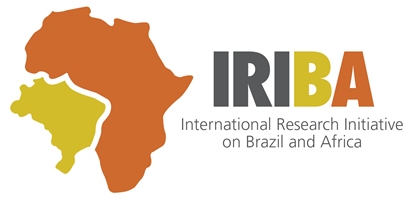We recently published a briefing giving a 10-point summary of our main findings from the first phase of the IRIBA project. This has been well-received, particularly by some of our academic colleagues. However, we wondered if the list could be boiled down further, especially for the busy policymakers out there.
Tomorrow, Armando Barrientos is presenting a summary of the IRIBA findings at the UK-Brazil social development dialogue, alongside the Brazilian minister for social development, Tereza Campello.
We’ve used this opportunity to get the 10 points down to 5 – see what you think:
1. Brazil’s impressive development progress is grounded on a strong social and political consensus on the need to tackle poverty and inequality, through a stable economy and inclusive growth.
2. Brazil developed a comprehensive and effective set of institutions to manage the economy providing both stability and the fiscal space to support innovative social policies.
3. More effective institutions helped raise the productivity of agriculture, enabling Brazil to become a major exporter. Long-term government investment in agricultural research provided a crucial boost.
4. Inclusive growth has been achieved through a combination of labour market (minimum wage) and social policies (social pensions and human development income guarantees) ensuring the benefits of economic growth reach the poorest Brazilians.
5. Despite significant progress, Brazil still faces big challenges. Investment in infrastructure has proved insufficient and the effects from the global economic slowdown is resulting in considerable stress on the social contract.
Does this ring true to you? Are there any major elements that we haven’t mentioned? Could it be even snappier? Please let us know in the comments below.
Photo credit: Escadaria Selaron Rio de Janeiro Brazil” by Boris G (CC BY-NC-SA 2.0)


What about environmental /sustainability issues of agriculture production? It is true the Brazilian export model of commodities (soy, beef) is a real success. But, for instance, the water management issue very related to soil protection and forest protection in private lands of larger and smaller producers is a issue not seriously faced yet by governments (federal, state and local). How do you integrate environmental/sustainability in IRIBAs analyses? How to avoid such gaps while exporting Brazilian model to Africas countries like Mozambique, Angola,etc???? I would like to know your thoughts.
Isabel Garcia-Drigo
PhD in Environmental Services (PROCAM/USP and AgroParisTech)
Hi Isabel,
Thanks for your comment. The initial phase of IRIBA research hasn’t looked directly at environmental sustainability issues in Brazil, but it is something we’re looking at covering in the next round. I agree with you that it should be a vital element of any strategy to expand agricultural producing in a particular country. Just to clarify however – we don’t think that anybody should attempt to export the Brazilian ‘model’ to an African country. Any new policies or practices have to be adapted to fit with the local context and any sort of ‘cut and paste’ transplant would be doomed to fail. We do think that there are elements of Brazil’s development experience that can help inform African countries grappling with similar issues – but this may involve sharing what didn’t work, just as much as what did.
Chris